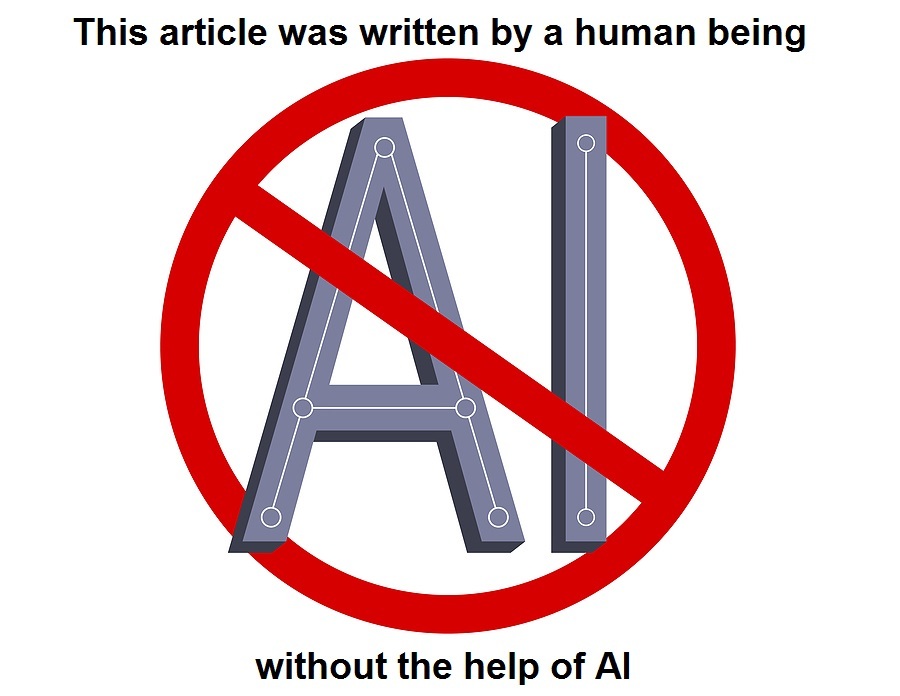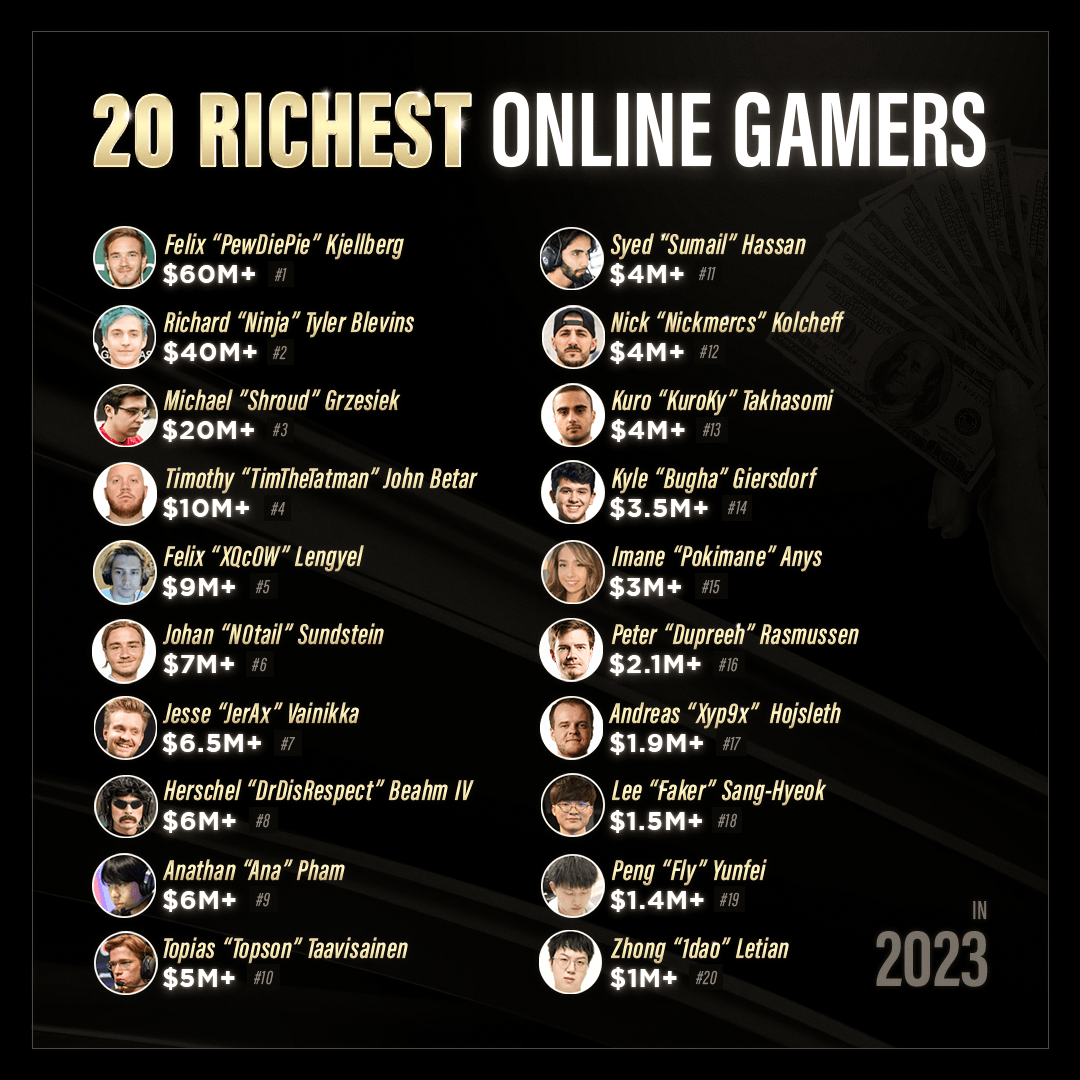Are You Prepared for Life with No Internet?

by Brian Shilhavy
Editor, Health Impact News
I am old enough to remember what life was like prior to the commercial use of the Internet, and the development of the World Wide Web (WWW) which made the Internet graphical and interactive, rather than just text-based.
My first access to the Internet came in the early 1990s, when I was working as an English professor at a University in Saudi Arabia. The university’s computer network ran on Unix, and was connected to other academic networks around the world on a network called “Bitnet” at that time.
The Internet was just getting started in academic circles, whereas previous to that the Internet was primarily only used by the military.
The Internet is originally a product of the U.S. DoD and ARPA (Advanced Research Projects Agency), developed in the late 1950s and 1960s.
This was the Cold War period, and the idea was that if the U.S. had a distributed network of “nodes” that were all interconnected, then having one part of the network attacked or bombed would not take down the entire network.
I taught myself Unix and learned how to use the Bitnet network that my university was using to connect to the Internet, which was rapidly being expanded in the area of academics at that time and starting to replace the older network systems, such as Bitnet. I primarily used the Listserv function to join discussion groups with people around the world on various topics that I could not otherwise research while living in Saudi Arabia.
I clearly remember the day where I learned how to use “Telnet“, which allowed me to literally log in to another computer half way around the world, and view that computer’s file structure, and even open and read files.
It didn’t have much practical use since the files were all technical files on various computer topics, but just being on another computer in another part of the world in REAL time, was fascinating, and intoxicating.
I knew then that this technology was going to change the world and how we communicate and share data.
When my contract at the university ended in 1995, the World Wide Web was just getting going, but at that time it was not allowed in Saudi Arabia.
So my family and I returned to the U.S., as I feared that the technology was developing too rapidly for me to stay in Saudi Arabia, and that I would miss out on this new, emerging technology that was rapidly transforming society, and was based in the U.S.
I passed up an opportunity to advance in my own career in CAEL (Computer Assisted English Learning), as a colleague of mine in Saudi Arabia had connections with a very wealthy Sheikh in another Arab Gulf country who wanted to hire me to develop computer English courses.
I switched from teaching English to teaching the technology, and the hot ticket in 1995 in the U.S. was Microsoft’s first truly 32-bit operating system that finally could compete with Apple’s OS, “Windows 95”.
In the mid to late 1990s I became certified to train people and schools in the new Microsoft networking suite of products which were in high demand. The pay was great, and the demand to learn these new products was quickly exceeding the trainers needed to train people on them, and I soon had my own company where I recruited my best students to become trainers also.
Y2K
Then came the awareness in the late 1990s that a simple date code on computers could threaten to take down all of this new technology that our society was rapidly becoming dependent upon.
The issue was that many computers only used two digits for the year (e.g. 1/1/97 for January 1, 1997.), the last two digits. So 1998 was 98, 1999 was 99, etc.
But what was going to happen in the year 2000, where the last two digits would be 00? Would the computers interpret that as 1900, and if so, what was going to happen?
Nobody really knew, but the results could have been catastrophic, because our society had become so dependent upon the technology in such a short period of time.
As I began to investigate the Y2K problem, I began to learn just how fragile our society had become by rapidly adopting the technology. Supply chains, for example, were developed on JIT (just in time) inventory to reduce costs and overhead, and I quickly saw that it would not take much to bring down the whole system through a rapidly cascading series of problems in the technology.
And at this point, the commercial use of the Internet by consumers through the Web was just getting started, and not even a factor yet.
It was the business, government, and academic sectors that had the most exposure to computer failures.
Our family decided to just move to the Philippines in 1998 and ride out Y2K there, as we moved to a rural location that was agriculturally based and had very little technology. This was the area where my then-wife had grown up, and although the area had electricity, it was frequently down and the people knew how to get along with major disruptions to the grid.
We were living on a mountain, and phone service had only extended there the year before we had arrived, and most of the people did not even have it yet, as it was expensive.
The people went to town once a week on market day to buy products produced locally, and fish that was brought in from the coastal areas.
We knew that all of that would survive if the technology went down, and that life would go on much the same as it had been since the end of World War II in 1940s when the Philippines were “liberated” from the Japanese.
So I went from training people on the technology to farming in the tropics, learning all about Philippine small-scale agriculture, Philippine herbs, and coconut oil.
Y2K came and passed without much fanfare, but we never regretted the choices we made as a family back then, and our children got to learn the native language and culture that their mother grew up in.
The U.S. spent about $100 billion in fixing the date code errors on computers in the late 1990s, and a disaster was averted, although the issue is still highly debated today as to whether or not all that money spent was worth it.
Y24K?
After the year 2000 is when the Internet really took off as a commercial application for the masses.
In the beginning, the frenzy over all the possibilities and ways to make money off of the Internet was so great, that investors made very foolish investments in everything and anything that was being marketed on the Internet, and the dot-com financial crash quickly followed in 2001-2002.
I stared my own ecommerce business during this time, which still exists today 22 years later.
Here in 2024, the U.S., and the World, depend upon the Internet and technology so much that it makes the year 2000 look like it was in the dark ages.
We have entire generations now who have been born into this technology, and do not know any other way of life. Most just blindly trust that this technology and the Internet will always be there for us.
Most people cannot even imagine or fathom what life would be like today without the Internet.
Total e-commerce sales for 2023 were estimated at $1.1 TRILLION in the U.S., an increase of 7.6 percent (±1.2%) from 2022. (Source.)
If the Internet went down for just 1 day, it would result in a loss of $11 billion in the U.S., and about $43 billion worldwide, just for ONE day. (Source.)
If the Internet went down for just a few days to a week, our economy would totally collapse.
If the Internet went down for a month, society would collapse.
This is not exaggeration or hyperbole. People who understand the technology know that this is true.
This is why the Globalists, such as the World Economic Forum (WEF), have been warning the public since late 2020 that a “Cyber Pandemic” and “Cyber Attack” are coming that will make COVID-19 look like a walk in the park.
They’re not wrong.
Are You Prepared for the Technology Collapse?
As I wrote above, the current younger generations only know life with technology, and the Internet.
How are they going to adapt to life with no Internet? Many young people, for example, are addicted to gaming.
When I was living in Los Angeles a few years ago, I had some electrical repairs done in the place where I was staying, and the repairman told me about a place that was not far away where teenagers worked in gaming, with the highest speed fiber optic networks available were installed for their gaming, because they were making millions of dollars through their gaming.
I was shocked! This was a whole world that was unknown to me, as I have never used the Internet for gaming.
The top gamers, or “e-sports” competitors, in the world, earn $millions of dollars through gaming.
Many others have become very famous earning high incomes from content creators on platforms like YouTube and TikTok.
What will these young people do when the Internet goes down or becomes unstable, when this is the only world they have known, especially if they became famous from the Internet?
Sadly, many, I fear, will commit suicide, much like we saw in 2020 and 2021 when the lockdowns led many young people and others to commit suicide because they could not pursue their academic or sports careers.
When you strip away the virtual world of virtual reality that is dependent upon technology, all you have left are people, people who have to struggle in life to just survive, regardless of your status in society.
The main concerns will be survival, having food, water, and shelter, where gaming skills, and many other technology “skills” will be worthless.
Life is Possible without Technology
If you have not yet thought through what life will be like without the technology and the Internet, now is the time to think about it and prepare.
All of this technology that runs the world today has mostly only started since the early 1980s, with the Personal Computers (PCs) revolution, and then the Internet explosion since 2000.
Y2K taught me not to be dependent upon the technology, and to start preparing for the day when it might fail.
There will be life after the technology crash, and I am not the only one preparing for that day.
I have been in communication with people in recent days who have been preparing for the collapse in society since COVID in 2020.
Some of them are former medical professionals who are no longer “certified” by the system with a “license” to practice, but are serving people in their communities.
Unless you live in their community, you will not find them, because they are NOT online. They use Rolodexes and word of mouth only.
I have one person I communicate with who is only online about once every 10 days, when they go to town and stop at the library to get online and get caught up on current events, because where they live they have no Internet, no cell phone, no wifi, etc.
And these are just the ones I know about. I suspect there are many, many others who have been called to leave the technology and prepare for what is coming.
I have run an Internet ecommerce store for over 22 years now, and when the system crashes it will greatly affect me also.
That is why we are transitioning our business now and investing in local communities so we can spread out our inventory across the U.S. so people will still have access to it when the system crashes. See:
Healthy Traditions Offers Up to a 20% Return on a $1000 Investment and Up to a 30% Return for $5000 Investment to Become Resellers of Long-term Storable Food Tested for GMOs and other Toxins
There will be business opportunities on the other side, for those who resist and are prepared, as an alternative economy or “black market” type of economy will develop, for those who do not want to be dependent upon the Government or their new financial system that will arise from the chaos.
The coming collapse is not just a theory or idea published in an article like this where people can give a thumbs up to in agreement, but it is a reality to me, and I am taking the necessary steps I can to put myself in the best position to continue serving others when it happens.
How about you?
——————
Do not be afraid of sudden disaster, or when destruction overtakes the wicked; for the LORD will be the source of your confidence, and he will guard your foot from being caught in a trap. Do not withhold good from those who need it, when you have the ability to help. (Proverbs 3:25-27)
For the simple are killed by their turning away, and the complacency of fools destroys them; but whoever listens to me will dwell secure and will be at ease, without dread of disaster. (Proverbs 1:32-33)
Promise for God’s people:
Because you have made the LORD your dwelling place— the Most High, who is my refuge— no evil shall be allowed to befall you, no plague come near your tent (home). For he will command his angels concerning you to guard you in all your ways. (Psalms 91:9-11)
Warning to the ignorant:
How long, O simple ones, will you love being simple? How long will scoffers delight in their scoffing and fools hate knowledge?
Because I have called and you refused to listen, have stretched out my hand and no one has heeded, because you have ignored all my counsel and would have none of my reproof, I also will laugh at your calamity; I will mock when terror strikes you, when terror strikes you like a storm and your calamity comes like a whirlwind, when distress and anguish come upon you.
Then they will call upon me, but I will not answer; they will seek me diligently but will not find me. Because they hated knowledge and did not choose the fear of the LORD, would have none of my counsel and despised all my reproof, therefore they shall eat the fruit of their way, and have their fill of their own devices.
For the simple are killed by their turning away, and the complacency of fools destroys them; but whoever listens to me will dwell secure and will be at ease, without dread of disaster. (Proverbs 1:22-33)

See Also:

















